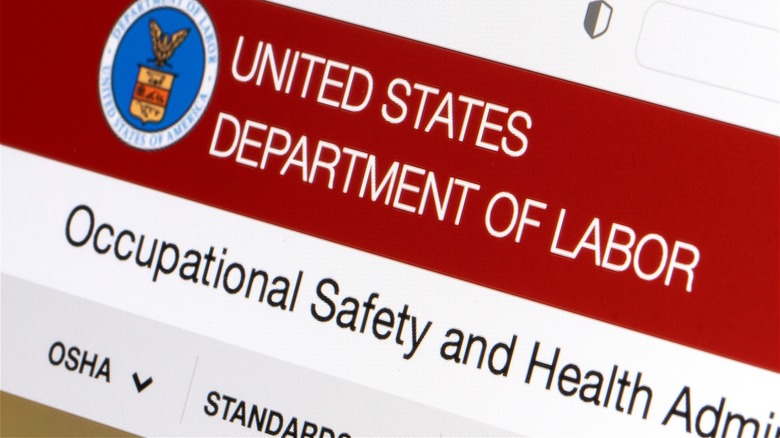Here's What The DOL's New Overtime Rule Really Means
In April 2024, the U.S. Department of Labor issued a new overtime rule that raised the minimum salary threshold required for a job to qualify as exempt from overtime. While this regulatory update doesn't change the duties requirements for a job to be exempt from overtime, it does raise the weekly salary requirement for a position that otherwise qualifies as exempt from overtime to actually be exempt from overtime pay.
This new labor rule doesn't affect the minimum wage, nor does it require employers to grant pay increases to employees below a certain level. Ultimately, the DOL's new overtime rule means that employers have a choice. They can choose to raise the pay rate of employees whose compensation is below the new threshold for exemption so they will continue to qualify as exempt from overtime or start paying overtime to employees whose earnings are below the new threshold for exemption.
Employers who choose to start paying employees overtime rather than increasing their pay must reclassify the position as nonexempt and adjust timekeeping requirements. (On that note, here are the states with the highest average salary.)
Salary threshold changes for overtime
The Final Rule issued by the Department of Labor in April 2024 included two specific increases to the minimum salary threshold for a position to be exempt. The first went into effect on July 1, 2024. The other adjustment is slated for January 1, 2025. The rule applies to full-time year-round work.
- July 1, 2024: An increase from $684 per week to $884 per week (or $43,888 per year)
- January 1, 2025: An increase rom $884 per week to $1,128 per week (or $58,656 per year)
What does this mean for employees from a practical perspective? Simply, before July 1, 2024, an employee earning at least $684/week didn't have to be paid overtime as long as the duties of their job met the requirements for the position to be exempt from overtime. However, as of July 1, 2024, that's no longer the case. Previously exempt employees earning between $684 and $883 per week now must be paid overtime if they work more than 40 hours in a workweek. Alternatively, as said, an employer can choose to increase the person's pay to at least $884 per week to keep them at an exempt status.
Additional changes to come
There are some pending legal challenges to the Department of Labor's Final Rule that could affect whether or not the January 1, 2025, increase goes into effect. Assuming it does, as of the new year in 2025, anyone earning less than $1,128 in a position that otherwise qualifies as exempt will become eligible for overtime pay. As with the July increase, employers can opt to raise the pay rate of their exempt employees in this situation to meet or exceed the new threshold.
The 2024 regulatory update from the DOL also stipulates that the minimum salary threshold for a position to be exempt from overtime will increase every three years, which means that it will go up again on January 1, 2027. The revised threshold amount will be released by the DOL several months before it goes into effect in order to allow employees time to plan and budget effectively. Note that previous salary threshold changes didn't specify a time frame for any future increases. (That said, here's how to talk to your boss about getting a raise.)


